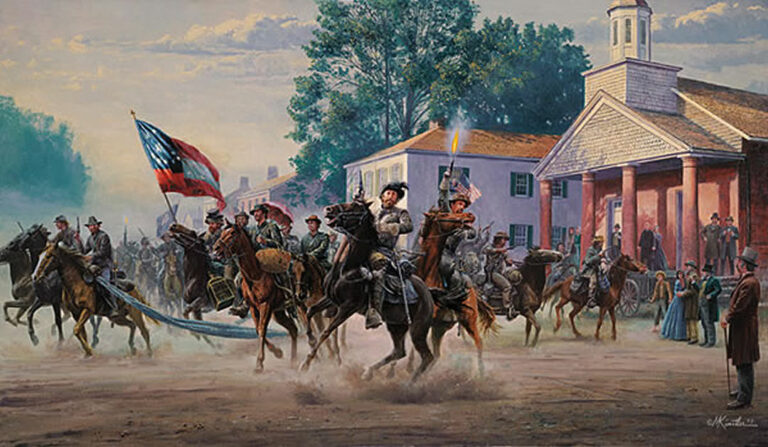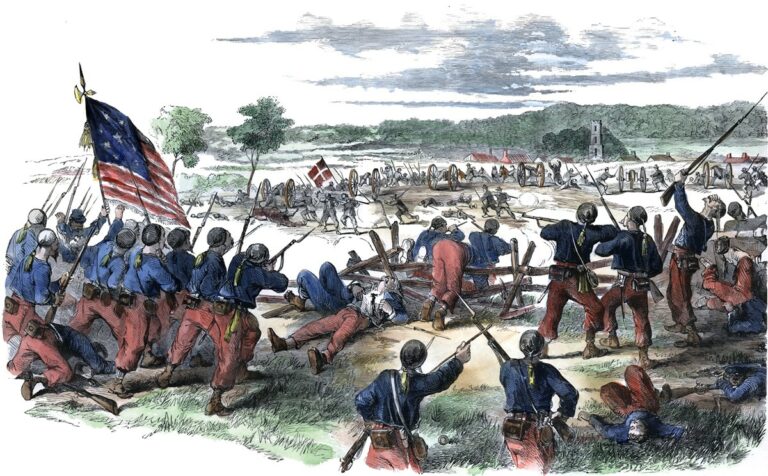About Publications Library Archives
heritagepost.org

Preserving Revolutionary & Civil War History

Preserving Revolutionary & Civil War History

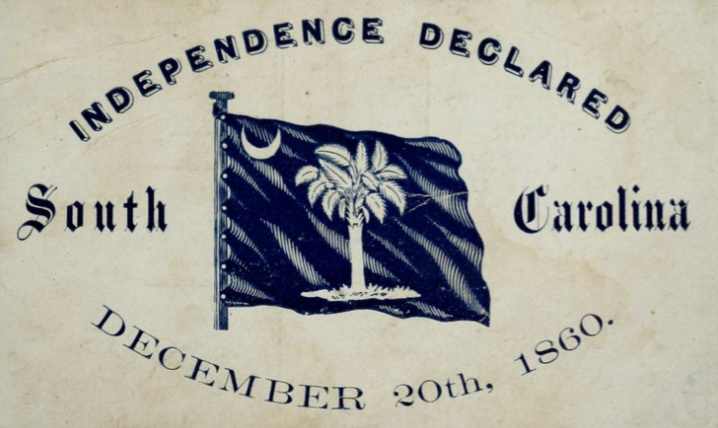
Date:1860 Document: South Carolina Declaration of the Immediate Causes Which Induce and Justify the Secession of South Carolina from the Federal Union The people of the State of South Carolina, in Convention assembled, on the 26th day of April, A.D.,…
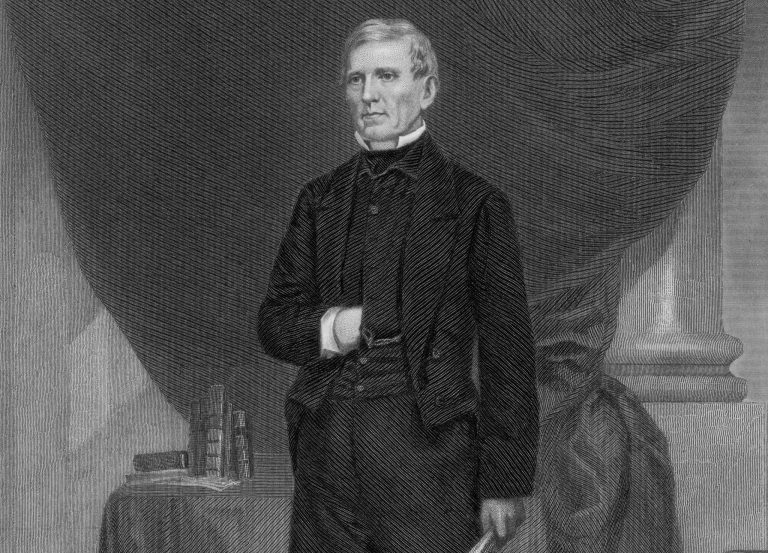
Author: John Crittenden Date:1860 Annotation: The Crittenden Compromise, written by Kentucky Senator John Crittenden, was seen as a desperate attempt to resolve the secession crisis of 1860-61 by political negotiation. The Compromise addressed the concerns that led the states…

Date:1860 Annotation: The slavery dispute dominated the election of 1860. The emphasis placed on the Dred Scott decision (that Scott remain a slave) splintered the Democratic Party into three factions: Most Northern Democrats supported Stephen A. Douglas; Southern delegates adopted…

Date:1860 Annotation: John C. Breckinridge served as President Buchanan’s vice president. Later, he became the presidential candidate in the 1860 election, after the Democratic Party split into three factions. He represented the Southern faction in support of slavery. According to…

Date:1860 Annotation: During the presidential election of 1860, the Republican Party promised to prohibit slavery. They also proposed free-homestead legislation, the establishment of a daily mail service, a transcontinental railroad, and support of the protective tariff. Three candidates opposed Lincoln:…
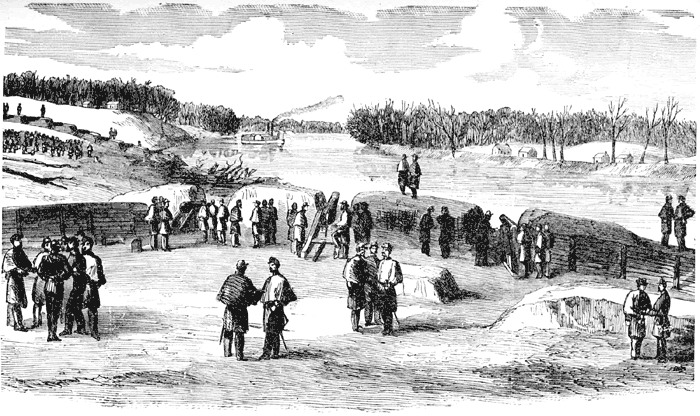
Report of Col. Roger W. Hanson, Second Kentucky Infantry (Confederate). Richmond, Va., August 8, 1862. On February —, in pursuance of orders, I proceeded, with my regiment upon the cars, from Russellville, Ky., to Clarksville, Tenn. When I arrived there…
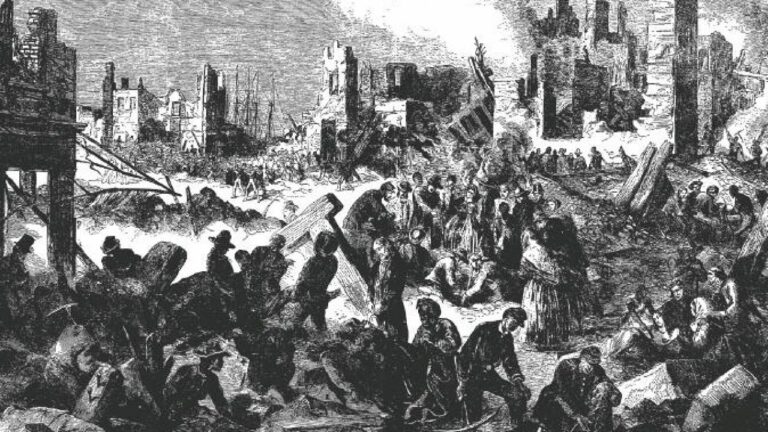
Midway through 1861, well-known Richmond chemists Edward T. Finch and Joseph Laidley lent their expertise to the Confederacy in a risky venture: gun powder production. Each was among the most respected in his field in Virginia, but working with highly…
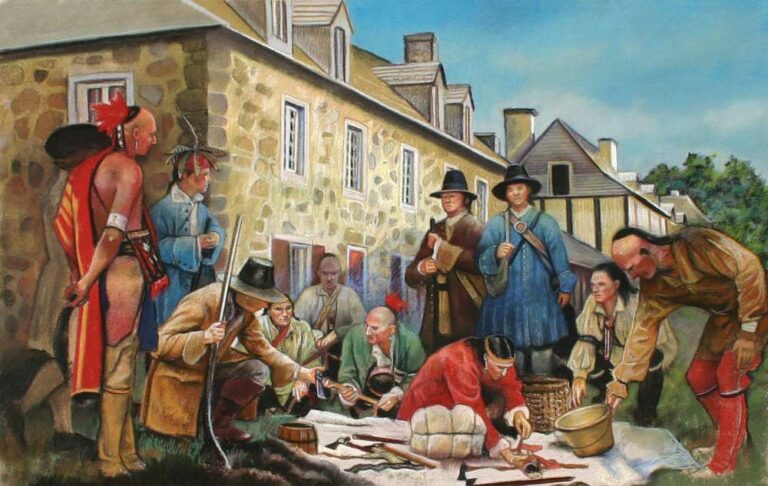
The Beaver Wars, also known as the Iroquois Wars or the French and Iroquois Wars (French: Guerres franco-iroquoises), encompass a series of conflicts fought intermittently during the 17th century in America. They were battles for economic welfare throughout the Saint Lawrence River valley in Canada and the lower Great…
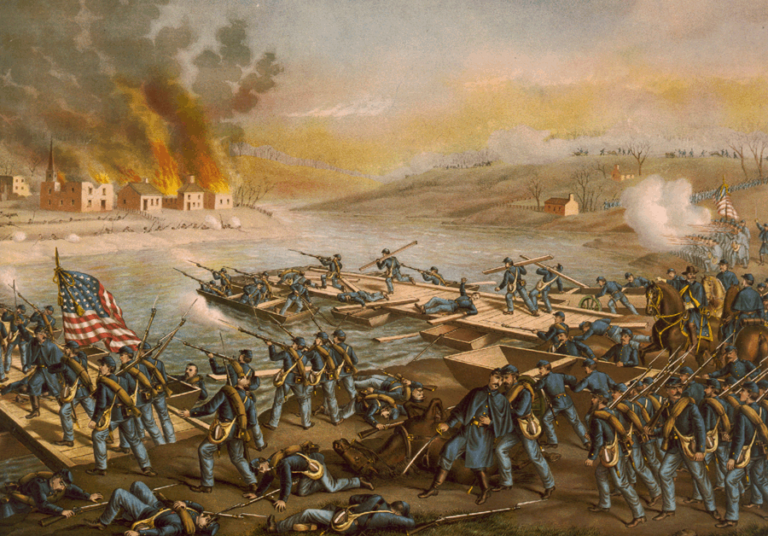
The Battle of Fredericksburg was fought December 11–15, 1862, in and around Fredericksburg, Virginia, in the Eastern Theater of the American Civil War. The combat, between the Union Army of the Potomac commanded by Maj. Gen. Ambrose E. Burnside and the Confederate Army of Northern Virginia under General Robert E. Lee, was part of the…
